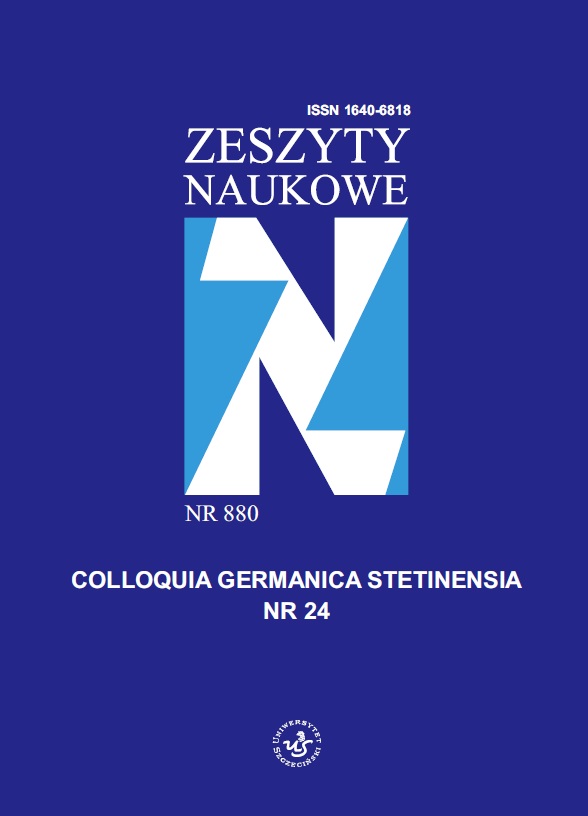Die Vertriebenen-Kalender und deren Rolle im Prozess der Eingliederung
The Role of Calendars in the Process of the Social Integration of Expellees in Post-War Germany
Author(s): Barbara SapałaSubject(s): History, Recent History (1900 till today), WW II and following years (1940 - 1949)
Published by: Wydawnictwo Naukowe Uniwersytetu Szczecińskiego
Keywords: calendars and almanacs of German expellees; integration of German expellees in post-war Germany; ideological message
Summary/Abstract: In the late 1940s, German expellee groups revived the idea of publishing calendars and almanacs, which had been popular in the regions they lived in before the Second World War. Due to their vast popularity, some of the modern calendars and almanacs quickly became opinion-forming organs that both presented and shaped the attitudes of German expellees. Until the 1960s, a lot of space was given in those publications to the problem of integration of German expellees from Central and Eastern Europe, including its political, economic, social and psychological aspects. An analysis of selected calendars (“Ermländischer Hauskalender”, “Sudetendeutscher Kalender”, “Karpaten- Jahrbuch”, “Danziger Hauskalender” and “Danziger Heimat”) revealed similarities and differences between the approaches to the above issue adopted by different expellee groups.
Journal: Colloquia Germanica Stetinensia
- Issue Year: 2015
- Issue No: 24
- Page Range: 43-63
- Page Count: 21
- Language: German

